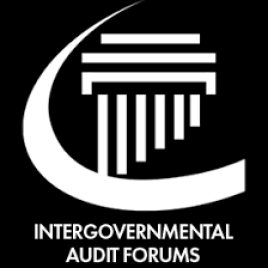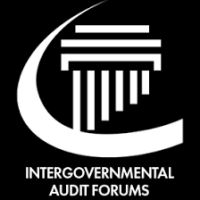Auditors Can Boost Public Trust, But Their Efforts Face Challenges

It’s a perplexing environment for governmental auditors these days. While federal, state and local government auditors serve an important, if not noble, role for the general public by providing audit findings and recommendations when evaluating programs and entities aimed at reducing the risk of fraud, waste and abuse and suggesting ways that federal award funds can be better spent, they continue to face capacity and resource challenges that threaten their work.
Speaking this week to attendees at the National Intergovernmental Audit Forum (NIAF) meeting in Washington, D.C., Department of the Interior Inspector General Mark Lee Greenblatt, who also chairs of the Council of the Inspectors General on Integrity and Efficiency (CIGIE), provided some data on the public’s trust in government, noting that it is at a nearly historic low level. Citing statistics from the Pew Research Center, he explained that American’s trust in government in 1958 to “do the right thing either all or most of the time” was about 75%. Currently, this level is about 20%. Even worse, some 60% said they feel frustrated with the federal government, and 18% said they are “affirmatively angry at the federal government.”
Greenblatt pointed out these numbers to show how the general public is skeptical about the federal government, and that many do not know if they are being told the truth or whether it is messaging geared to a political agenda. However, 68% said it was “very important to repair public trust and confidence in government,” and 84% believed that it was “possible to improve” the level of confidence that people have in the federal government. He noted that the Pew statistic show that the public wants more disclosure about what the federal government is doing.
“That is where we (as auditors) come in,” Greenblatt told NIAF attendees. “Those numbers illustrate how important our jobs are and how important our roles are. The American people want independent objective voices to tell them whether they can trust what the government is doing. That’s where we in the oversight community at the federal, state and local level come in. The transparency that we can provide is critical in bolstering our country’s confidence in our system of government.”
Still, while this need for independent analysis from auditors is vital, federal offices of inspectors general, as well as state auditor offices and local government auditors are struggling to maintain adequate staffing, as well as other challenges in conducting their oversight responsibilities. For example, Doug Jones, city auditor for Kansas City, Mo., told NIAF attendees that his office has recently lost four audit staffers with some 112 years of audit experience combined. In addition, state audit offices are facing challenges to their abilities to conduct independent audits as part of state legislative proposals.
Having an adequately resourced independent body on the governmental level to conduct these audits to bring to light issues within programs or organizations is critical to ensure that they are operating effectively to better maintain public trust. Hopefully, decisionmakers that control budgets for these auditors will realize how important they truly are.
Join us for our following Thompson Grants events:
Thompson Grants Workshop: Subrecipient Monitoring | May 23, 2023 | Virtual Event
Federal Grants Forum | June 28-30, 2023 | Portland, Maine



